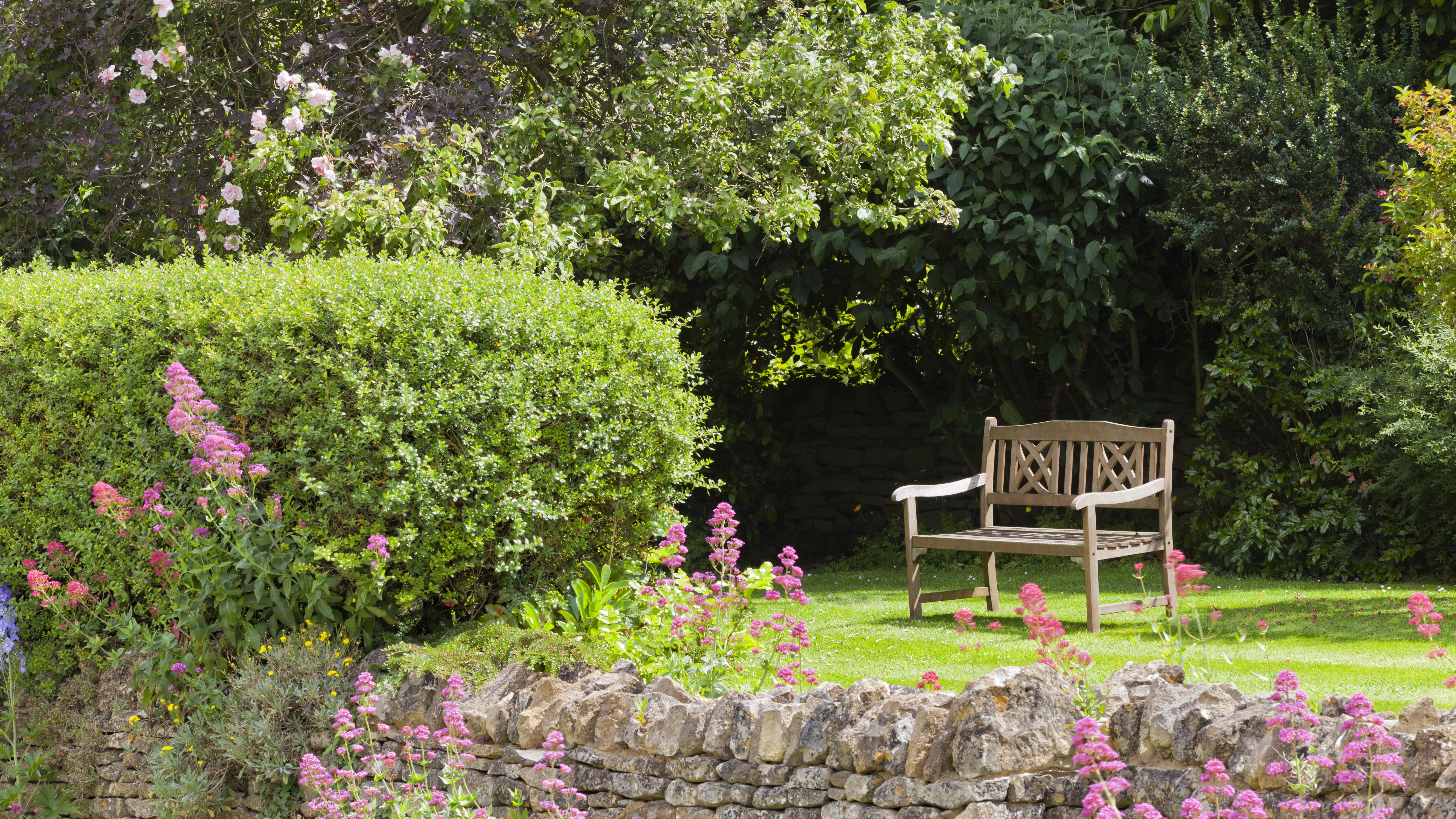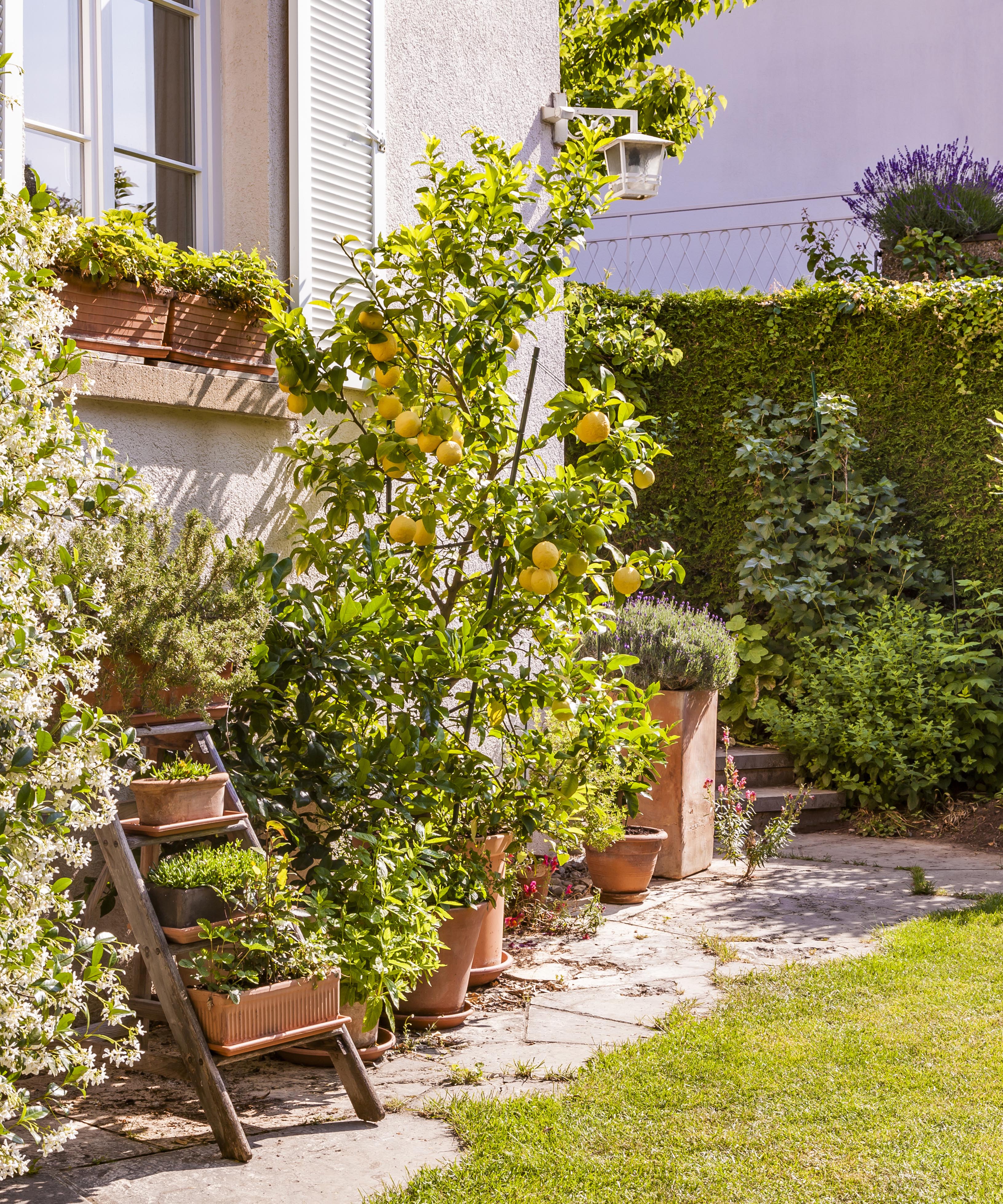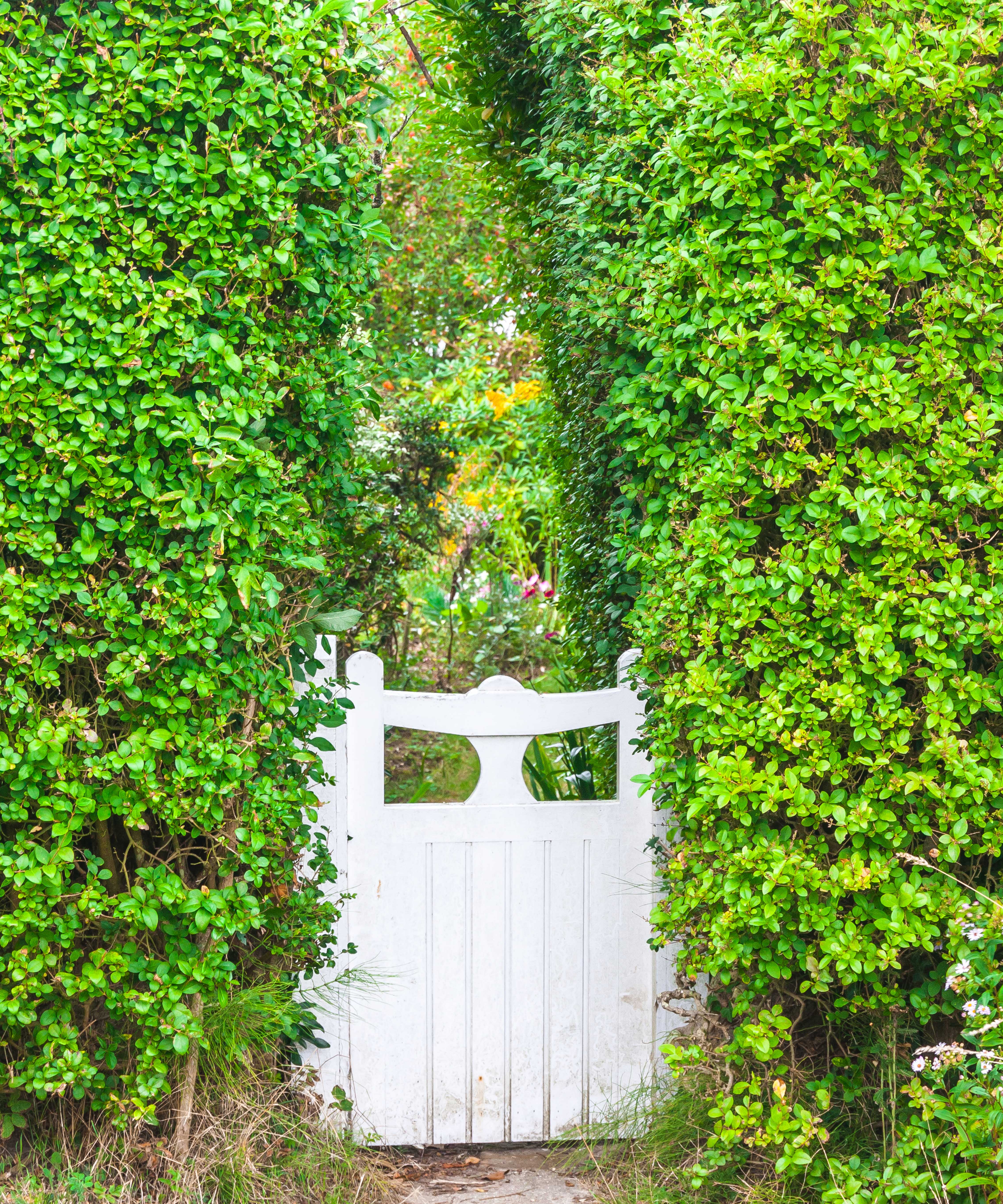The RHS urges you to swap your fence for this eco-friendly alternative
This change will improve air quality and provide wildlife shelter – experts can’t get enough of its benefits


The Royal Horticultural Society (RHS) is asking gardeners to replace their fences with hedges – to promote a greener infrastructure in urban areas. However, you don’t need to be a city dweller to experiment with the benefits of this green fence substitute.
The Society has received a £100,000 (approximately $132,000) fellowship funding from the Royal Commission for the Exhibition of 1851 to investigate the benefits of this alternative garden fence idea. The study will explore the best hedge varieties for a garden while observing their ‘important eco-system’ benefits.
The RHS will also investigate the practicality of planting and maintaining these greener fences. However, if you can’t wait for the results of this report, then fear not. Our edit of the best hedging plants will give you some suggestions for what to plant right away.

This hedge idea stems from existing RHS research that suggests hedges can improve air quality, slow the flow of rainwater and reduce noise in your garden. However, its benefits don’t end there. Hedges also provide shelter for wildlife and help regulate temperature through shading and cooling – so if you’re looking at how to create an eco-friendly garden – a hedge could be the best place to start.
Alongside being a sustainable garden fence alternative, a hedge is also a great way to regulate temperature through shading and cooling – with beech, privet, and holly among those best-known to provide all-round benefits. The RHS study will play with different leaf shapes, textures, and branch shapes to find the best hedge for the role.
This green fence movement comes courtesy of their principal horticultural scientist, Tijana Blanusa, who will observe the growth and manageability of hedges over the next two years. In this time, Tijana will study the best combinations of hedges for year-round impact in a laboratory setting – and in a ‘real world’ application at a school.

‘The humble hedge is often the hero feature in any garden,’ Tijana says. ‘Acting as a natural screen, they not only provide important environmental services but are relatively cheap, long-lasting, and have only a small ground footprint.’
The study, which will conclude in 2024, will reveal which plant combinations are best in terms of environmental benefits. It will also explain how to arrange your garden design ideas to best look after your hedges in your space. The conclusions will also ‘future proof’ our towns and cities – so you can enjoy an urban garden long into 2024 and beyond.
For more information about the RHS’ hedges research, visit the RHS website.
Megan is the News and Trends Editor at Homes & Gardens. She first joined Future Plc as a News Writer across their interiors titles, including Gardeningetc, Livingetc, and Real Homes. As the News Editor, she often focuses on emerging microtrends, sleep and wellbeing stories, and celebrity-focused pieces. Before joining Future, Megan worked as a News Explainer at The Telegraph, following her MA in International Journalism at the University of Leeds. During her BA in English Literature and Creative Writing, she gained writing experience in the US while studying in New York. Megan also focused on travel writing during her time living in Paris, where she produced content for a French travel site. She currently lives in London with her antique typewriter and an expansive collection of houseplants.
